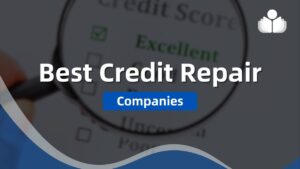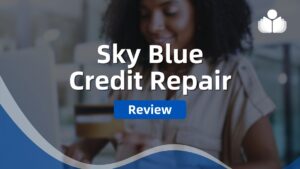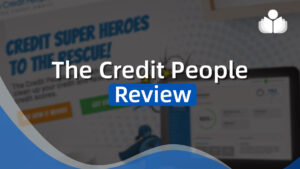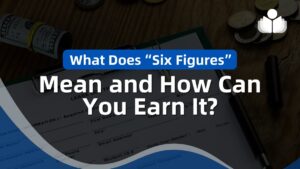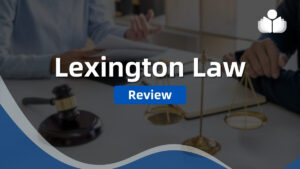A Simple Grant Proposal is Better….
When your grant proposal is being evaluated by a government agency, reviewers rely on a mental toolbox of rapid and simple techniques to score your application. How you write/design the proposal must be as persuasive as possible, and must help reviewers gather information quickly and effortlessly.
Use the principles of Good Information Design to help reviewers quickly find the information that interests them:
• Instead of the boxy, justified look, make your proposal attractive-to-the-eye
by using a left-justification with “ragged-right.” Add lists, graphics, tables and other visuals.
Use headers and footers, and headings that stand out.
• Organize your proposal to reflect the grant guidelines or the evaluation criteria and,
especially, by using the vocabulary of the grant guidelines to label proposal
sections and headings.
• Show how your proposal will be structured … by including an Executive Summary, a Table of
Contents, frequent headings, and topic sentences at the beginning of paragraphs.
• Make it easy for the reviewer to navigate the proposal by using page and section numbers
and letters, headers, footers, and chapter and section titles.
• Create a proposal that reads easily, by breaking your narrative into manageable chunks of
information and by having related chunks of information grouped together.
• Show the importance of blocks of information by using different font sizes, font weights,
indentations, and numbering/lettering systems.
• Differentiate information types with themes, section summaries, lists, captions, sidebars,
and visuals.
Reviewers of your grant proposal are evaluating many grant applications besides yours. Make it as easy and effortless as possible for them.
=-=-=-=-=-=-=-=-=-=-=-=-=-=
Dr. Jayme Sokolow, founder and president of The Development Source, Inc.,
helps nonprofit organizations develop successful proposals to government agencies. Contact Jayme Sokolow.
 Sections of this topic
Sections of this topic





